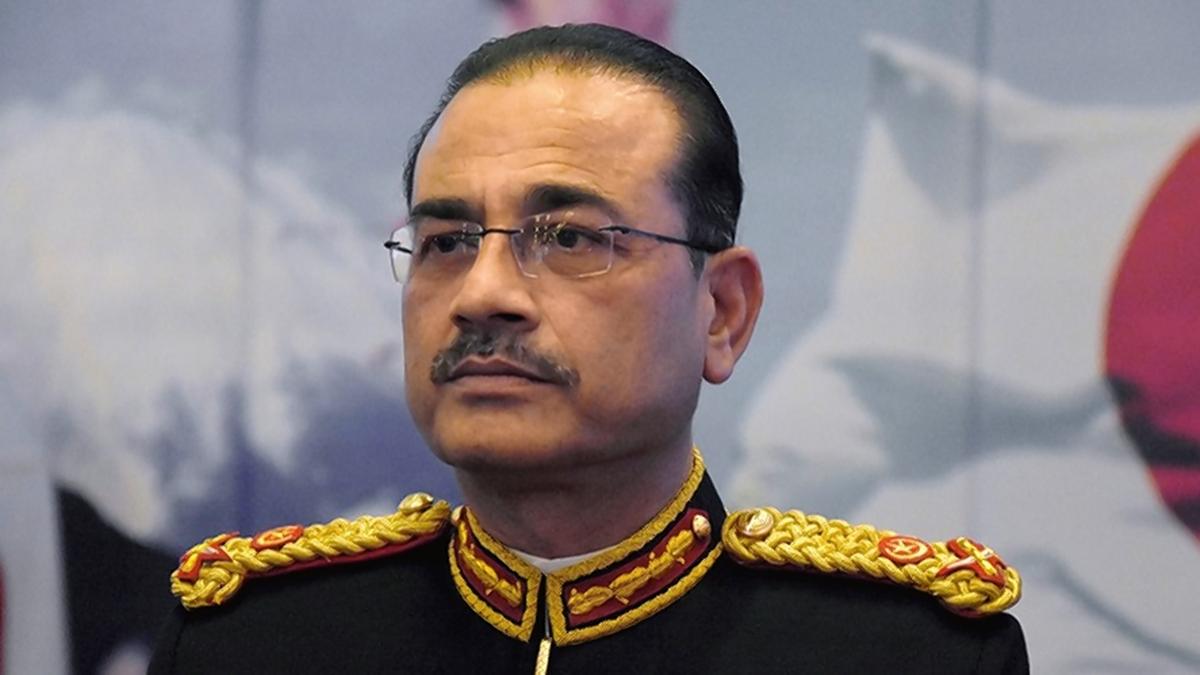
Pahalgam Attack 2024: Latest Updates, Security Response, and Regional Tensions
The recent terrorist attack in Pahalgam, Jammu & Kashmir, tragically claimed the lives of 26 tourists, prompting widespread concern and swift action. The incident, which took place on Tuesday, has intensified the region’s security situation and escalated India-Pakistan tensions. Key developments include: Government Response**: Prime Minister Narendra Modi returned early from his Saudi Arabia visit to lead national efforts. An all-party meeting was convened to bolster unity and coordinate diplomatic responses. Security agencies have ramped up operations in the area. Security Measures**: Authorities imposed a temporary lockdown in Pahalgam. The Indian Army deployed helicopters to pursue militants believed to have fled to the Pir Panjal mountain range. Search and rescue operations continue. Responsibility Claim**: The militant group, The Resistance Front (TRF), has claimed responsibility, citing grievances related to "outsiders" settling in the region. This claim has heightened concerns over regional stability. Regional Tensions**: In retaliation, Pakistan has threatened to consider diverting the Indus River waters as an "act of war." Both countries have closed their airspaces and borders in a tit-for-tat move, escalating diplomatic strains. The situation remains tense as security agencies intensify operations and diplomatic channels work to de-escalate conflict. The focus now is on maintaining stability, ensuring safety, and pursuing justice for the victims.
Analysis: General Asim Munir’s Statements and Their Impact on Regional Security and Terrorism in Kashmir

Recent developments surrounding Pakistan’s Army Chief, General Asim Munir, have raised concerns over regional stability following the Pahalgam terror attack that claimed 26 lives. Munir’s remarks referring to Kashmir as the "jugular vein of Pakistan" have been criticized for potentially inciting violence and escalating tensions in the disputed region. Intelligence agencies suggest that such inflammatory rhetoric may have contributed to the hostile environment leading up to the attack. Experts, including former US Pentagon official Michael Rubin, have called for the U.S. to designate Pakistan as a state sponsor of terrorism, citing the possible link between military rhetoric and supporting terrorist activities. These developments place increased scrutiny on Pakistan’s military leadership and its role in regional unrest. This situation underscores the delicate link between military discourse and terrorist acts in Kashmir, emphasizing the need for responsible communication to promote peace and stability in the region. Understanding this interplay is crucial for policymakers and security agencies working to prevent future violence and foster regional cooperation.
